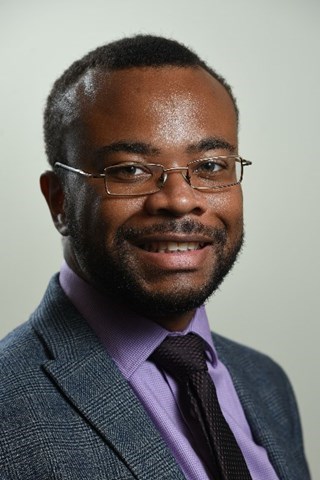In 2018, Dr Raoul Guiazon was awarded a UK Intelligence Community Postdoctoral Research Fellowship. Awardees receive project funding for two years and mentoring from an Academy Fellow as well as an advisor from the intelligence community.
In 2017, Dr Guiazon, joined the Experimental Quantum Information Group at the University of Leeds to help investigate new approaches to cyber-security. Now, he is being funded by the Government Office for Science, via the Royal Academy of Engineering, to develop original authentication and intrusion detection methods for connected devices.
Appliances driven by the internet of things (IoT) have increased connectivity through the deployment of networks of sensors and actuators that monitor and automate processes. However, most cyber-security tools are ill-equipped to protect these devices from attacks.
Dr Guiazon’s authentication method provides IoT devices with an identity that changes over time, a process that is too complex for attackers to track but easy for a network controller who has access to the device’s history. He is now developing proof-of-concept technology that will authenticate sensor data and flag up cyber-intrusions for application in connected vehicles.
There are over 20 billion connected gadgets worldwide with the vast majority of traffic sent by IoT devices being unencrypted. Dr Guiazon’s research is both timely and practical. His authentication method requires little energy or computing power making it ideal for small devices and those located in hard-to-reach locations.
Find out about current research opportunities and fellowships.

